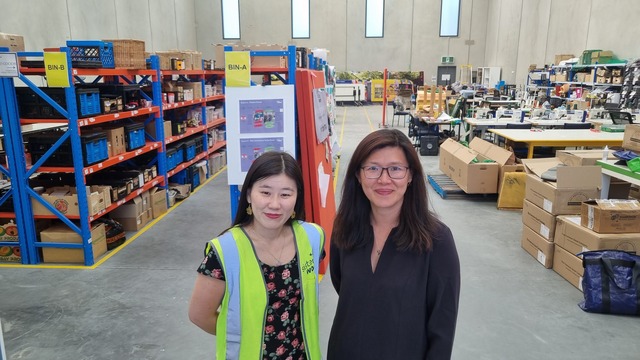Mpox, formerly known as monkeypox, is a viral zoonotic disease caused by the monkeypox virus (MPXV). It is part of the Orthopoxvirus genus within the Poxviridae family. Historically, mpox was endemic to Central and West Africa, primarily found in tropical rainforest regions. However, since 2022, it has spread significantly to various parts of the world, raising serious global health concerns.
The disease is characterised by a range of symptoms that typically manifest between five to 21 days after exposure to the virus. Common initial signs include fever, swollen lymph nodes, and a distinctive rash that can lead to painful lesions. The rash develops through several stages, beginning as bumps that evolve into pimples, blisters, or sores, which may burst and form ulcers or scabs. These lesions can appear on various parts of the body, including the face, mouth, torso, and genital areas, and can vary in size and number. While most individuals recover within two to four weeks, severe cases can occur, particularly in vulnerable populations such as infants, young children, pregnant women, and immunocompromised individuals.
Since May 2022, there has been a notable global increase in mpox cases, with over 87,000 cases reported across 110 countries by the end of 2023. This outbreak has raised alarms as it has spread to regions where mpox was previously uncommon, indicating a significant shift in the epidemiology of the disease. The World Health Organization (WHO) declared the outbreak a Public Health Emergency of International Concern (PHEIC) on 23 July, 2022, and reaffirmed this status on 14 August, 2024, reflecting ongoing concerns about the disease’s transmission and its impact on public health systems globally.
Transmission of mpox primarily occurs through close contact with infected individuals, including intimate physical contact. The virus can be transmitted through direct contact with rashes, lesions, or body fluids from an infected person, as well as through respiratory droplets, although this mode of transmission is less common and typically requires prolonged face-to-faceninteraction. Additionally, transmission can occur via contaminated objects, such as linens or towels used by an infected person. Pregnant individuals can also transmit the virus to their fetus through the placenta. Those at higher risk include individuals who have had close physical contact with confirmed cases, travelers to endemic regions, and people with multiple sexual partners during outbreaks. Given the nature of transmission, awareness of symptoms and risk factors is essential for individuals, especially those in high-risk groups, to seek timely medical assistance and reduce the risk of infection.
Preventive measures are crucial in controlling the spread of mpox. Infected individuals should isolate until all lesions have healed, and good hand hygiene practices should be maintained by both the infected person and their household members. Vaccination is recommended for those at high risk, with vaccines available for administration both pre- and post-exposure; however, pre-exposure vaccination is preferred for optimal protection. Most cases of mpox require only supportive treatment, such as pain relief, although antiviral medications may be necessary for severe cases. Laboratory testing is essential for diagnosis, and individuals who suspect they have been infected should seek medical advice immediately to facilitate early intervention and reduce transmission.
In conclusion, mpox is a re-emerging viral zoonotic disease that poses significant public health challenges, particularly in light of its recent global spread. Continued surveillance, public health interventions, and vaccination efforts are crucial to controlling outbreaks and preventing further transmission. Awareness of symptoms and risk factors is essential for individuals, especially those in high-risk groups, to seek timely medical assistance and reduce the risk of infection. As the global health community responds to this evolving situation, the importance of education and proactive measures cannot be overstated in the effort to safeguard public health and mitigate the impact of mpox on communities worldwide. By fostering a better understanding of the disease and its transmission, we can work together to protect vulnerable populations and enhance public health resilience in the face of emerging infectious diseases.
Speak to us for more information, call 9702 9300 or book online at betterhealthfamilyclinic.com.au/contact/online-booking

















